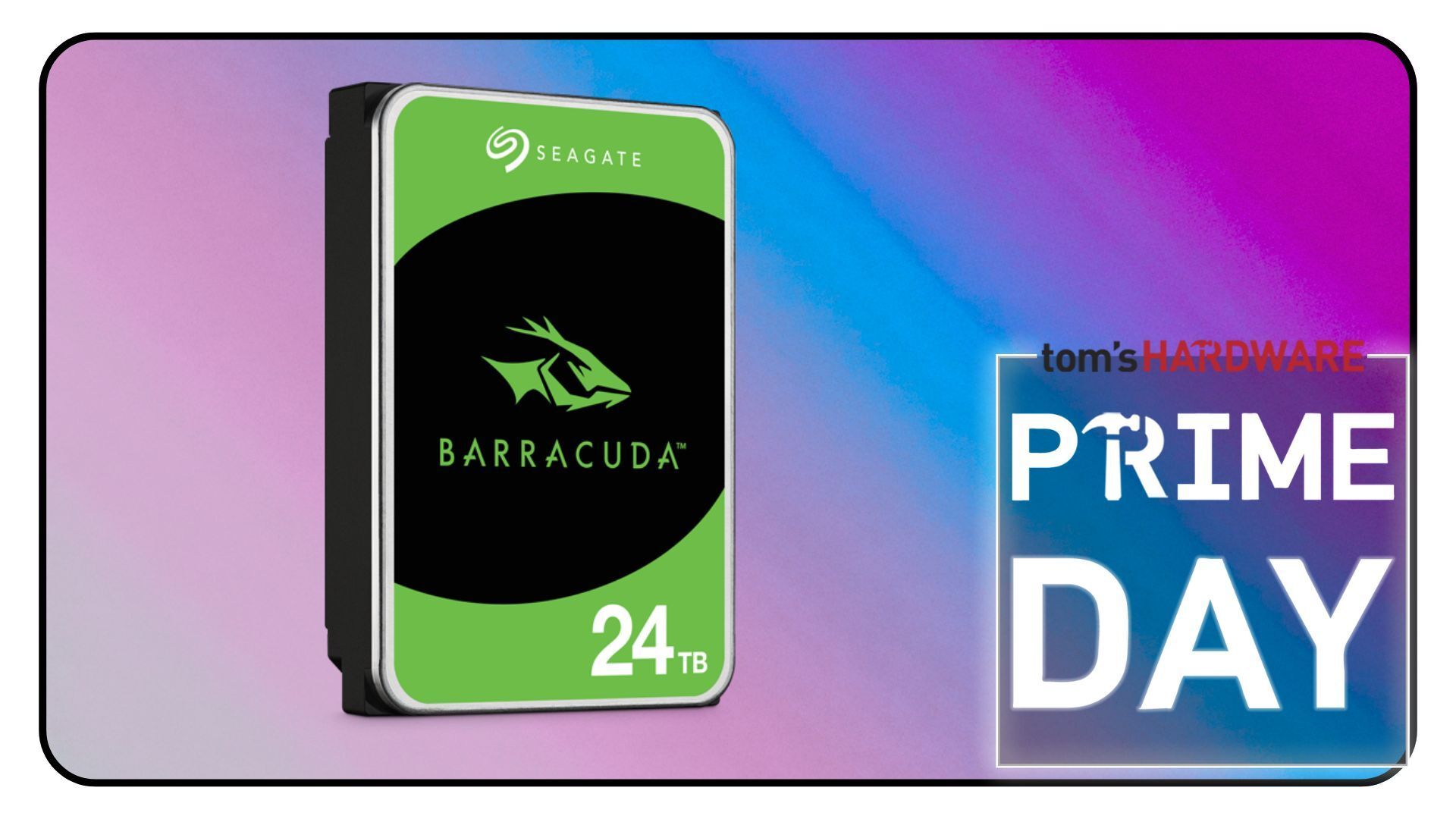How are Seagate drives these days? I stopped buying them about a decade ago after having several fail and looking up statistics that showed they were significantly less reliable than the other brands.

So it looks like my policy of “only buy Western Digital” is still the right one. But what’s happening to HGST?
They got bought out… By WDC.
Wow I’ve been buying WDs for years because I have never had luck with others. Glad to see there’s an actual data point for me and it’s not just anecdotal.
Weren’t they also the ones that just broke up a massive counterfeiting ring of refurbished drives being passed off as new? Wonder if that contributed to their bad failure numbers.
Thanks for sharing.
I’m running 4 20TB barracudas i got last summer in a RAID 10 for my truenas. I’d do it more efficiently if I had planned with enough space to move the data and redo the RAID, this raid has existed for almost a decade. It’s reliable, used daily (24/7 uploads in soulseek), currently sharing out 36 TB of movies/music/tv series around 1TB data upload per day.
If you go with the higher end Ironwolf drives, they’re supposed to be alright.
But this ain’t that. You tend to get what you pay for, and a 24TB drive that dies before I can fill it isn’t on my shopping list.
I have 4 or 5 Seagate ironwolves (~20 tb each) in my NAS and they’ve been great but they’re hard drives. I don’t have the data on how they’ll fair long term wise.
I need to move from my Synology NAS to something custom built so I can do a better raid set up that lets me use my full drives instead of just the amount equal to my smallest drive.
Sigh, I just bought 3 drives…
Dang, I just bought this in June for the full $299. Working great tho.
How bad of an idea would it be to use this in an Unraid server?
So here’s the thing with massive individual drives. Assuming you’re buying multiples for redundancy (say 4 for a 3+parity stripe), you’ll probably come out ahead cost wise over a similar total capacity with “normal” sized 12TB drives.
But if one of those drives fail, assuming your consumption is around 60-75%, the rebuild time is going to be massive.
For comparison, I just upgraded from 6TB drives in my Synology 5-bay. It was pushing 90% utilization. Doing a drive by drive swap, waiting for the parity to rebuild as I replaced each one with a 10TB drive - it was the better part of 5 days.
If you are thinking of using it as a standalone drive (no redundancy), your back up plans better be solid, testable, and off to a different system (no relying on time shift to the same drive).
Who cares about 5 days? That’s nothing in the span of things
As long as you have parity drives, not a big deal. Unraid wasn’t designed to only run on enterprise-grade drives. I’m sure their forums have guidance on when to go form a single to dual parity drives. I do know that your parity drive has to be the biggest size drive, so if none of your existing ones are 24TB, you’d be buying at least two of these to actually benefit much form an upgrade.
I run unraid with 30 disks. Most are in the 18 to 22tb range. It works pretty well, but parity rebuilds take 4 days or so when I replace a disk. Much longer if I’m writing large amounts of data as well.
Biggest issue is that your parity disks must always be your largest disks. So you’d need 2 of these to make it worth it (if your only using a single disk for parity.) Which makes jumping into them pricey.
Good. It’s way better for everyone if we are all our own “clouds”.
Can you be my cloud bro?
deleted by creator
That’s just raid with extra steps
deleted by creator
It was a joke. As long as you have reliable backups, I’m not saying anything. You’re already 17 steps ahead of he avg users.
Yeah, but it’s seagte. Pass.
Yeah, I have never had a good experience with Seagate. I’d rather pay a little more for WD drives, specifically recertified HC drives.
Kids today. I was excited to find an 80GB HDD for $1/GB, circa 2002. I’ll save you a step, the cost per unit of storage is now 0.00001x what it was then.
I’ll go back to watching my DIVX files now.
Would you recommend this for a small NAS?
These are CMR looking at specs so it’d work but Barracuda is still low end and it’s Seagate low end. I wouldn’t.
Look up why SMR is a no-go for a NAS if you don’t already know.
Do you happen to know if hamr is ready for consumers or a risky gimmick?
I don’t know enough about HAMR to have an opinion on that tech yet sorry. It’ll be awhile before such drive capacities are affordable to me. I only just moved to 8x16TB.





